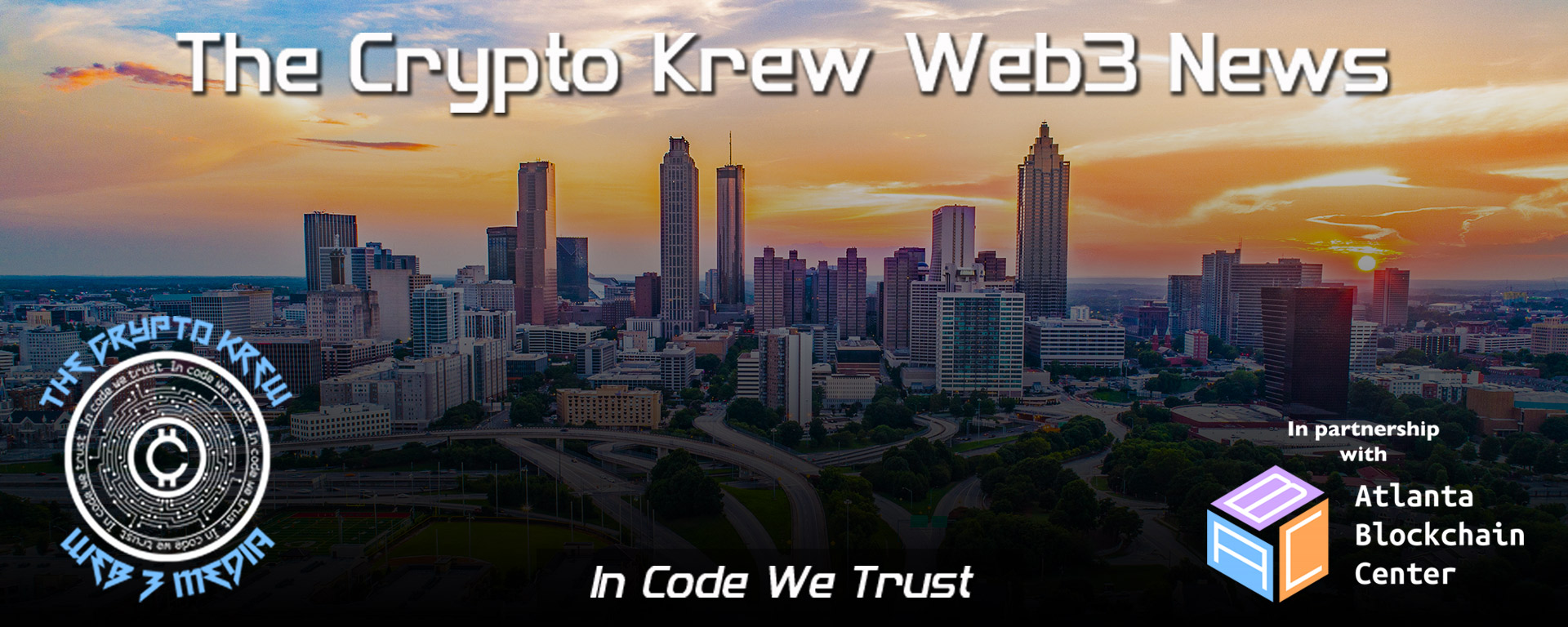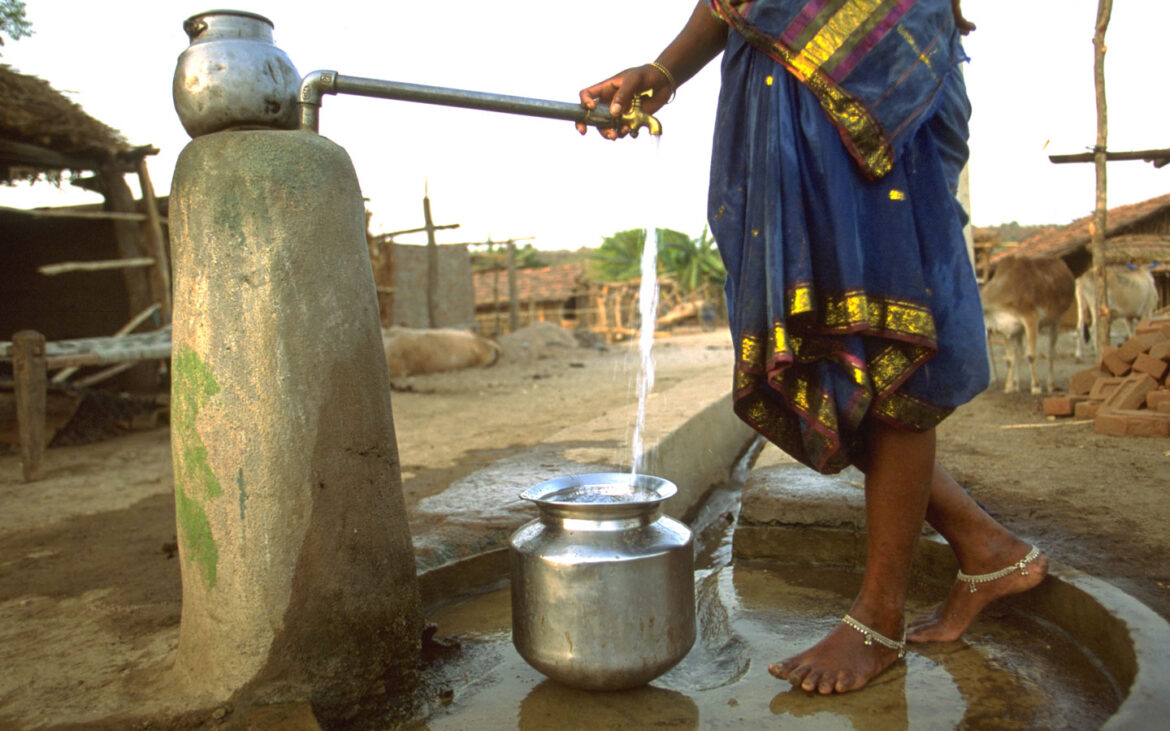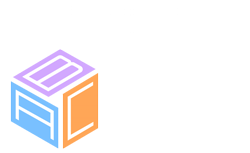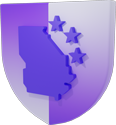Decentralized solutions are creating economic opportunities and revolutionizing people’s access to clean water in parts of India. On Wednesday, Mercy Corp Ventures’ Crypto for Good Fund and the Crypto Council for Innovation released a report on a series of Web3 pilot projects targeting developing countries.
One project from Atlantis DAO, a peer-to-peer network for people working to fight climate change, stood out for its success in improving access to clean water in rural, drought-prone regions of India. The pilot lasted eleven months and focused on creating a decentralized peer-to-peer water network in India to provide rural communities with access to clean water.
Here’s how it works. Using a mobile app with gamified elements, users were able to accept challenges related to clean water production, filtration, and testing. They could also purchase clean water that was validated through the app and be compensated with tokens for participating.
The goal was to utilize blockchain and smart contract technologies to incentivize behavior related to water production, like testing, collecting, and distributing. By using an auditable blockchain-based ledger, transparency and security were also improved.
According to the report from the Crypto Council, the pilot program served a population of around 45,000 and had nearly 4,000 active participants. Not only did it improve people’s access to clean water, but it also created 440 new jobs, 30% of which were held by women.
- United Arab Emirates Central Bank Unveil Wholesale-Retail Digital Dirham Plan
- UK National Crime Agency Officer Charged Over Alleged Bitcoin Theft in 2017
- YouTube Page of India’s Supreme Court Hacked to Promote XRP
- Japan’s Next Prime Minister Announces Pro-Blockchain and NFT Policy Plans
- United Arab Emirates Exempts Crypto Transactions From Value-Added Tax
- The First Gas Station Starts Accepting Bitcoin in Canada






